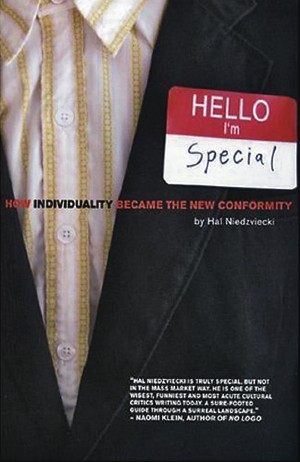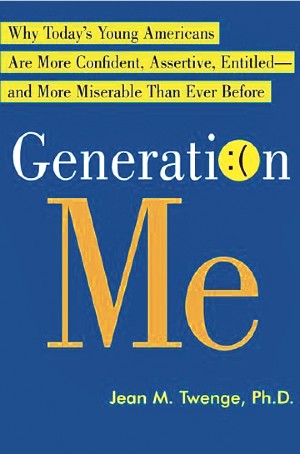Doggonit, People Like Me
Hello, I’m Special: How Individuality Became The New Conformity Hal Niedzviecki(City Lights, Hardcover, $15.95) Generation M


Latest Article|September 3, 2020|Free
::Making Grown Men Cry Since 1992




